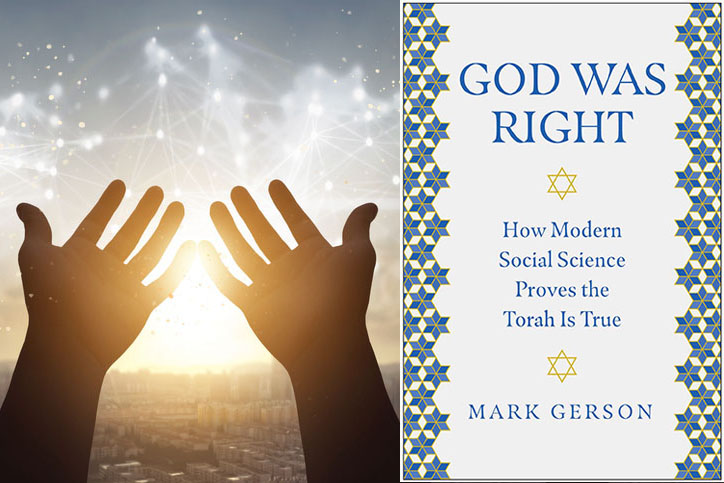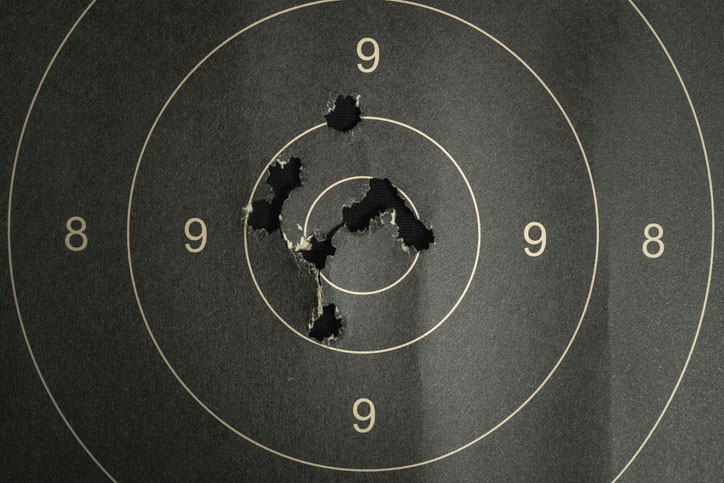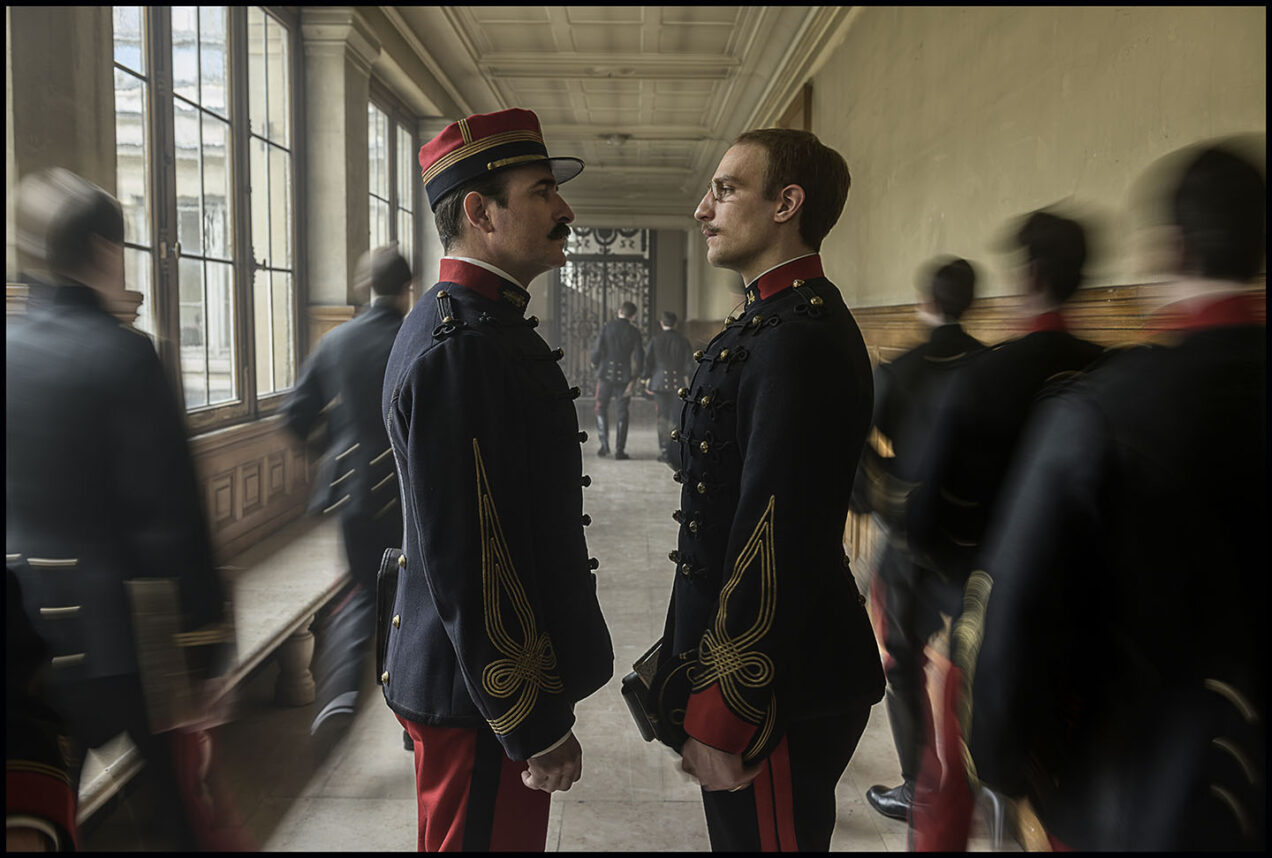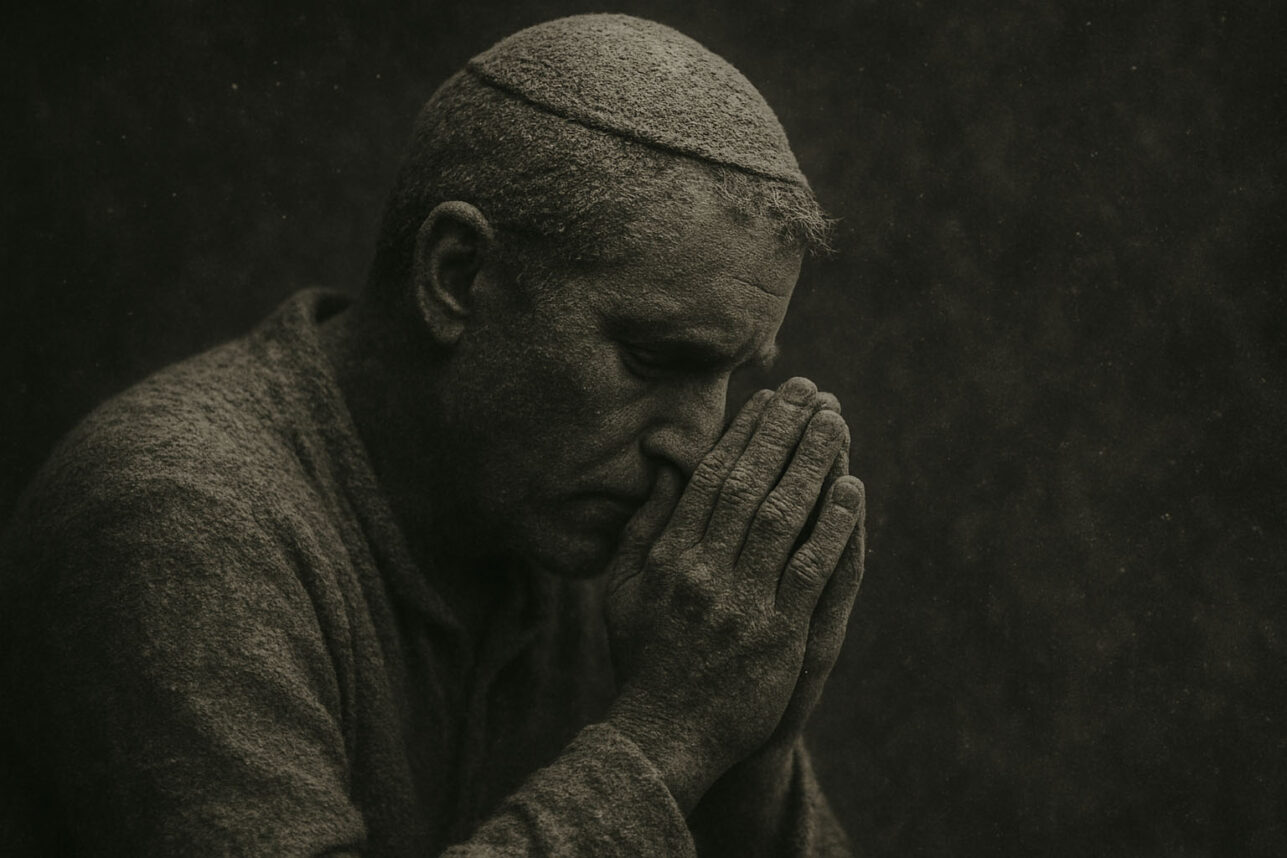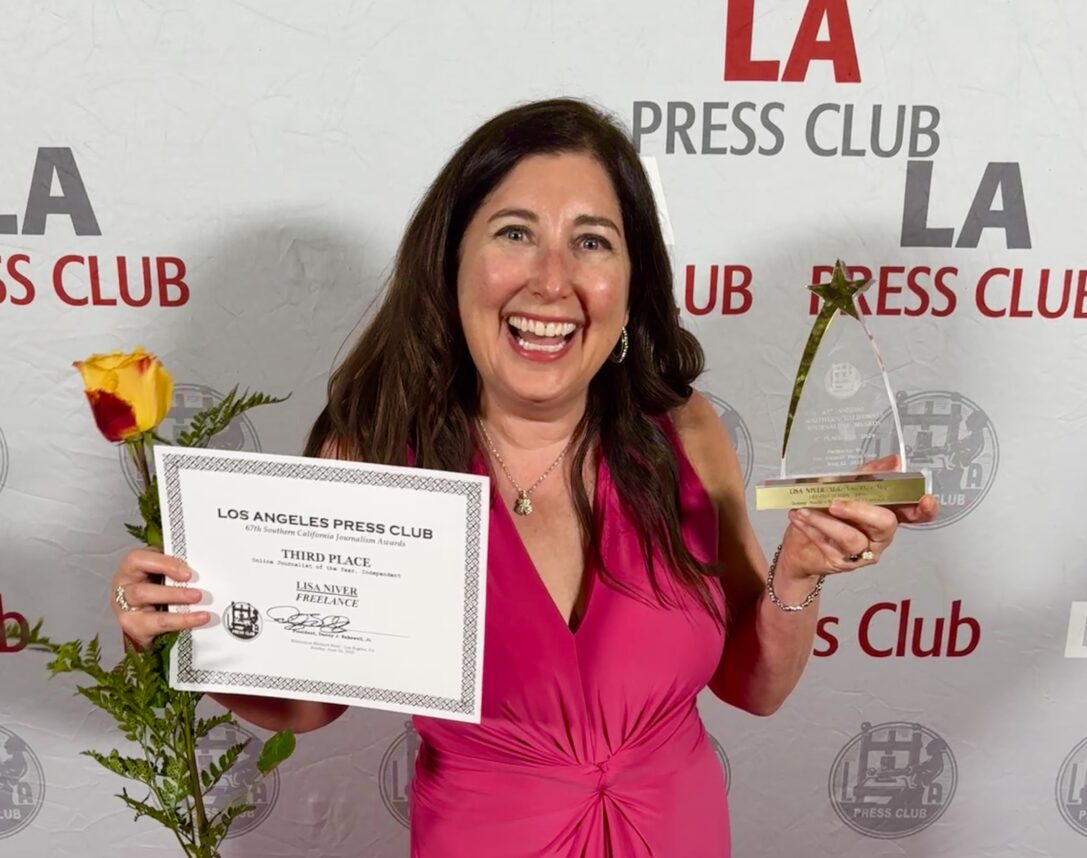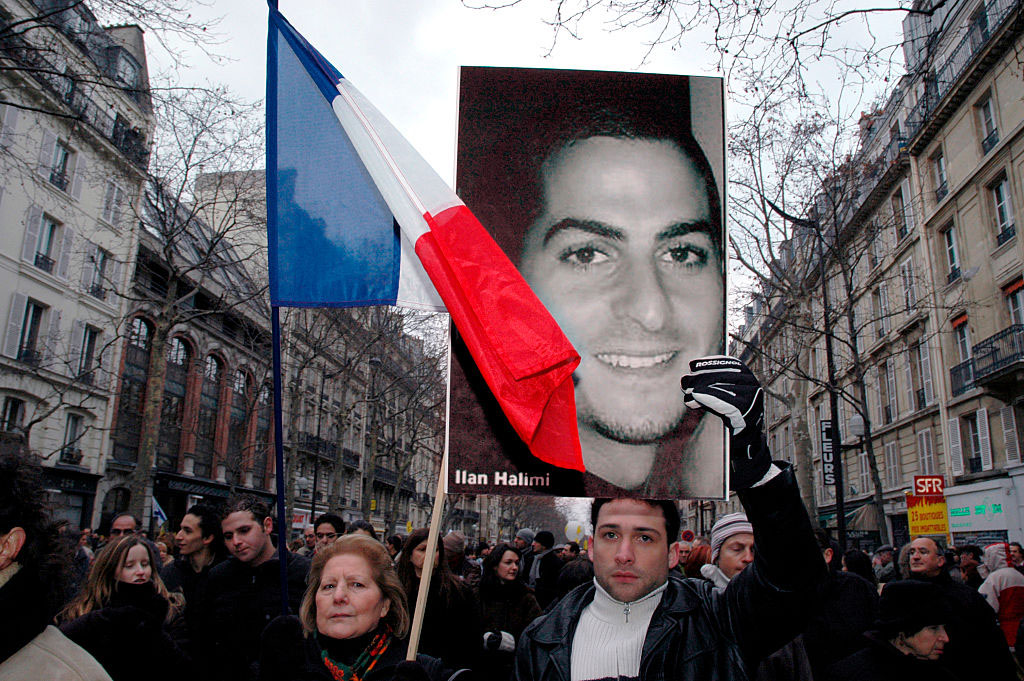He was a lifelong atheist who was offered the presidency of the State of Israel.
He was a dedicated pacifist who helped usher in the atomic age.
He was a modest man whose face may be the most familiar one in the world.
Though pictured mainly as a frail, unkempt old man, he was adored by women, fathered an illegitimate child when he was 23 and after marriage engaged in a number of extramarital affairs.
The complex and contradictory man was, of course, Albert Einstein, one of the greatest intellects of all ages, who radically transformed our understanding of the universe.
Scholars, biographers and journalists in search of the complete Einstein find their destination at a converted private home on a leafy Pasadena street, with a blue sign on the front lawn pointing to the Einstein Papers Project.
On the bottom floor of the house, a phalanx of file cabinets hold copies of some 65,000 documents, ranging from path-breaking scientific papers to intimate letters, political and Zionist statements and scribbled notes from school children, totaling more than 500,000 individual pages.
On the second floor, in a sunny room, sits Dr. Diana Kormos Buchwald, the general editor and director of the project, surrounded by papers, page proofs and photos of Einstein, alternating with pictures of her husband and their three children.
Stacked on a shelf are the first eight volumes of "The Collected Papers of Albert Einstein" and that’s just the beginning. The complete series will consist of 30 volumes and is considered the most ambitious publishing venture in the history of science.
At the rate of one new volume every two years, at a cost of $1 million, Buchwald is assured of a lifetime job.
Working with her are the equivalent of six full-time editors, each of whom must be fluent in German, English and one other language, be computer savvy and preferably have some scientific and historical training.
All the material in each volume is in strict chronological order. Momentous theories are followed by mundane activities or random thoughts, such as a scribbled note to "Dear Posterity, If you have not become more just, more peaceful, and generally more rational than we are (or were) — why then, the devil take you. Having, with all respect, given utterance to this pious wish, I am (or was) Yours, Albert Einstein."
"It’s important to keep the strands of Einstein together. There’s Einstein’s science, which is very difficult, and Einstein the man, who is relatively accessible, especially after he becomes famous," Buchwald said.
March 14 marks the 125th anniversary of Einstein’s birth in 1879. But the big celebration for Einstein buffs around the world will be next year, marking the centennial of his annus mirabilis, or miracle year.
It was in 1905 when the 26-year-old "technical expert third class" at the Swiss patent office published four papers, including the special theory of relativity, which completely revolutionized the concepts of time, space, energy and matter.
The centennial will be marked by a national homage to "The Engineer of the Universe" in Einstein’s native Germany, and at the Hebrew University in Jerusalem where, according to Einstein’s will, the originals of all his documents are housed in a bomb-proof shelter. In Los Angeles, the Skirball Cultural Center will host a widely heralded exhibit on Einstein from September 2004 to May 2005.
It took until 1919, when a British solar eclipse expedition confirmed the bending of light near the sun, exactly as predicted in Einstein’s theories, that the scientist became an international celebrity.
As recently as February 2004, striking new measurements of distant exploding stars by the orbiting Hubble Space Telescope confirmed Einstein’s 1917 prediction that a dark, unseen energy permeating space, which he called the cosmological constant, is pushing the universe apart.
Raised in an assimilated German Jewish family, Einstein’s ties to his people grew deeper and closer as he witnessed the rise of anti-Semitism on a personal and global level.
In 1920, though revered throughout the world, he was viciously attacked in German university classes and mass rallies for both his scientific theories and his Jewishness.
He championed the East European immigrant Jews in the 1920s, a position not popular among many established German Jews.
Though a believer in world government and opponent of nationalism, Einstein became a strong supporter of Zionism and made his first trip to the United States in 1921 to help Chaim Weizmann raise funds for the projected Hebrew University in Jerusalem.
When Weizmann, Israel’s first president, died in 1952, Einstein was offered the post by then-Prime Minister David Ben-Gurion. Einstein declined, but wrote in his response that "My relationship to the Jewish people has become my strongest human bond."
Einstein defined his religious views in a 1947 letter. "It seems to me that the idea of a personal God is an anthropomorphic concept which I can not take seriously," he wrote. "I feel also not able to imagine some will or goal outside the human sphere. My views are near those of Spinoza: admiration for the beauty of and belief in the logical simplicity of the order and harmony which we can grasp humbly and only imperfectly.
"I believe that we have to content ourselves with our imperfect knowledge and understanding and treat values and moral obligations as a purely human problem — the most important of all human problems."
On the lighter side, "Einstein loved Jewish jokes and had an intuitive sense for things Jewish," Buchwald said.
The Einstein Papers Project started in 1981 at Princeton University, moved to Boston University and then to the California Institute of Technology in 2000, when Buchwald, an associate professor of history at Caltech, was named as the new director.
A native of Bucharest, where her father was a correspondent for the British media, Buchwald moved on her own to Israel in 1979 and earned degrees in chemistry at the Technion and Tel Aviv University.
She came to the United States in 1983, took her master’s and doctoral degrees in the history of science at Harvard, and joined the Caltech faculty in 1990.
The arrival of the Einstein project marked a kind of homecoming since the great physicist himself spent three consecutive summers in the early 1930s on the Caltech campus.
He wrote enthusiastically about the pre-smog environment, noting that "Here in Pasadena it is like paradise. Always sunshine and clear air, gardens with palms and peppertrees and friendly people who smile at you and ask for autographs."
The only complaint of the rather slovenly dresser was that "everything is formal and respectable."
Einstein might well have become a permanent Caltech professor, but for the salary offered by the university’s penny-pinching president, Robert Millikan, meager even by Einstein’s modest standards.
Buchwald and her team have completed the ninth volume, which will be published by Princeton University Press in the fall. It covers the years 1919-20, when Einstein became a global icon.
Last May, Caltech and the Hebrew University collaborated in vastly expanding access to their trove of material by inaugurating the Einstein Archives Online, www.alberteinstein.info, with support from Los Angeles philanthropists David and Fela Shapell. It has a database of some 43,000 documents, images and research on Einstein’s life and work.
Another Web site, www.einstein.caltech.edu, provides information about the Einstein Papers Project.
Although Buchwald and her group receive support from Caltech and the Swiss government, she is seeking — in a rather low-key way — private support to expand online, fund internships and sponsor a photo exhibit and lecture series in 2005. Inquiries can be directed to Robert E. McQuinn of the Caltech development office at (626) 395-6215 or bmcquinn@dar.caltech.edu.
For Einstein aficionados, new and old, an excellent, highly accessible book is "The Einstein Scrapbook" by Ze’ev Rosenkranz, curator of the Einstein Archives at the Hebrew University. Published by the Johns Hopkins University Press, the book is profusely illustrated and contains some fine examples of Einstein’s doggerels and quirky humor.
One instance is a 1919 interview in The Times of London, in which the suddenly celebrated scientist showed that fame had not unsettled his sense of Jewish skepticism.
In a frequently misquoted observation, Einstein said: "By an application of the theory of relativity to the taste of readers, today in Germany I am called a German man of science, and in England I am represented as a Swiss Jew. If I come to be regarded as a bete noire, the description will be reversed, and I shall become a Swiss Jew for the Germans and a German man of science for the English."











